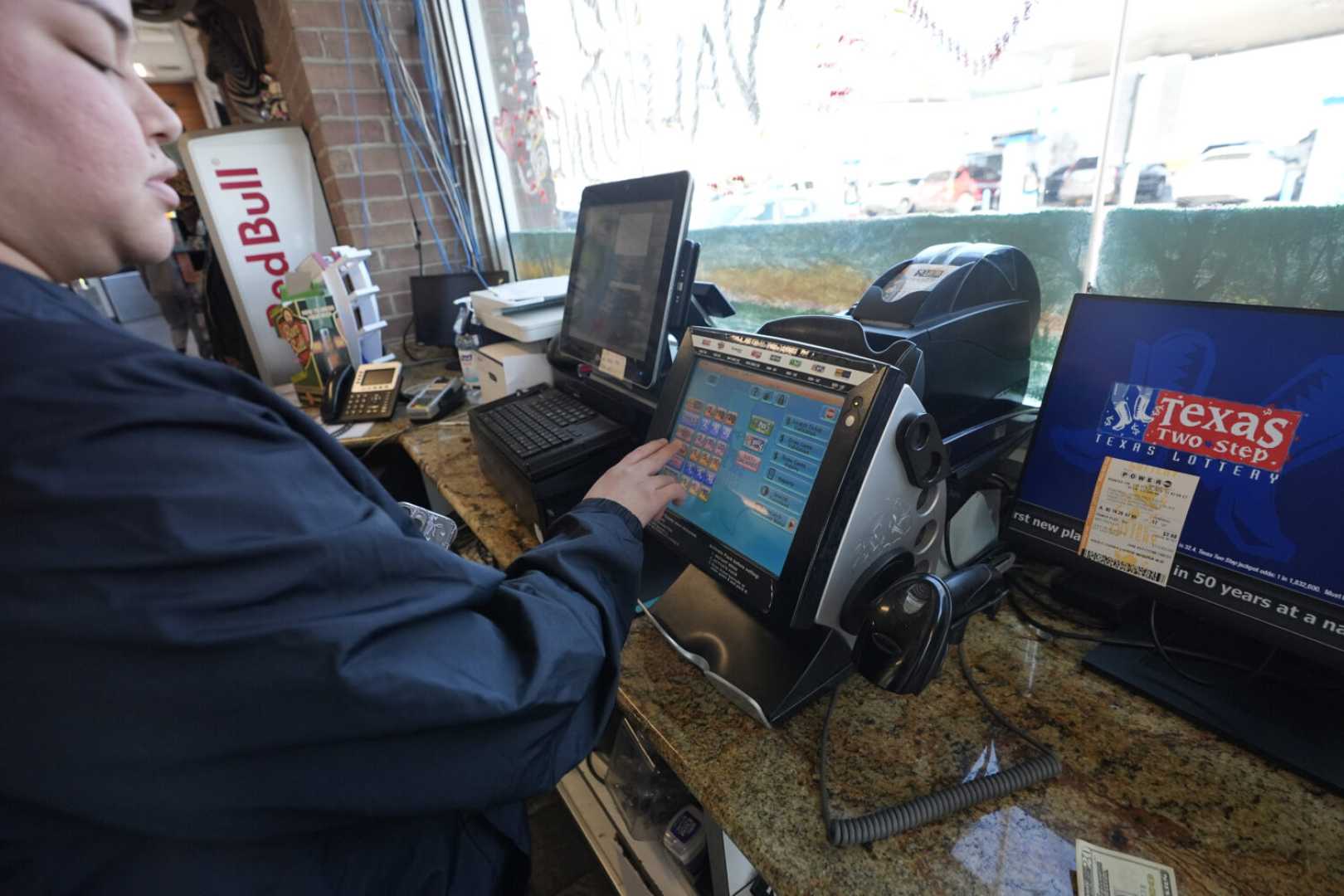News
Investigation Launched into Major Texas Lottery Jackpot Claims

AUSTIN, Texas (AP) — An investigation is underway involving two significant lottery drawings in Texas that awarded nearly $180 million to ticket holders, raising concerns that some winners may have exploited the system.
This month’s $83 million jackpot and a separate $95 million prize from 2023 have come under scrutiny as state leaders question the legitimacy of the winning tickets. Both jackpots rank among the largest in Texas Lottery history.
Texas Attorney General Ken Paxton initiated a separate investigation following a similar inquiry announced by Texas Governor Greg Abbott. Central to the investigation are the practices surrounding lottery couriers, who purchase tickets on behalf of customers, sidestepping regulations that mandate in-person ticket purchases.
“Texas citizens deserve far better than bad actors getting rich off of a lottery system that is open to exploitation, and we will hold anyone who engages in illegal activity accountable,” Paxton stated.
Couriers, which operate without oversight in Texas, have sparked concerns over the ticket purchasing process, particularly regarding minors and out-of-state buyers acquiring tickets. In response to these issues, the Texas Lottery Commission plans to introduce a ban on couriers by April.
Ryan Mindell, executive director of the Texas Lottery Commission, acknowledged that the agency had previously deemed it out of their purview to regulate couriers but indicated that a reevaluation of state laws prompted the shift.
As of now, neither of the jackpot winners has publicly claimed their prizes, which they are not required to do under Texas law. The $83 million ticket was purchased at Winners Corner in Austin on February 17. The winner of the $95 million drawing reportedly purchased nearly every number combination available, a tactic that raised eyebrows.
Following scrutiny about the purchase methods, one of the state’s five lottery commissioners resigned from their position this week. As allegations surface regarding bulk purchasing and potential affiliations with organized crime, the commission has reiterated that it will not condone practices that compromise the integrity of the lottery system.
Paul Prezioso, an executive with a courier service, addressed lawmakers, asserting that their operations do not engage in bulk purchasing or illegal practices. “We believe that a regulated courier industry is a net positive for the state of Texas,” he argued, defending the legitimacy of their business model.
Despite the investigations, the Texas Lottery remains active. Residents can continue to use courier services until the proposed changes take effect. Lawmakers like Republican Lt. Gov. Dan Patrick have called for immediate action, with Patrick filming a trip to a lottery courier store to question its operations.
The situation is a reflection of broader debates surrounding gambling practices in Texas, a state with a complex history regarding gaming laws and proposals. Advocates have struggled to expand casino access or legalize sports betting despite significant legislative efforts.
Since its establishment in 1992, the Texas Lottery has generated over $40 billion in revenue and distributed more than $90 billion in winnings, demonstrating its prominence in the state’s economy.












